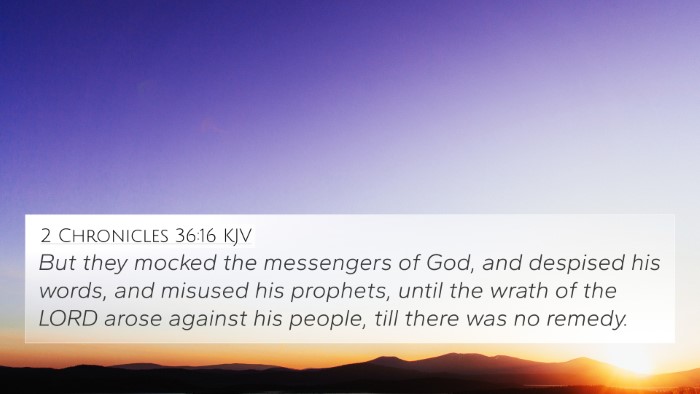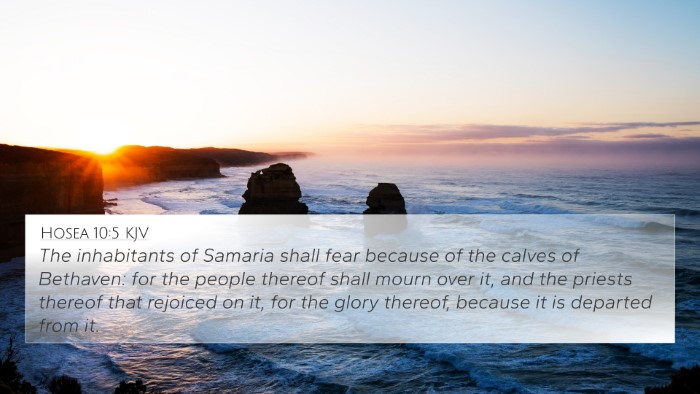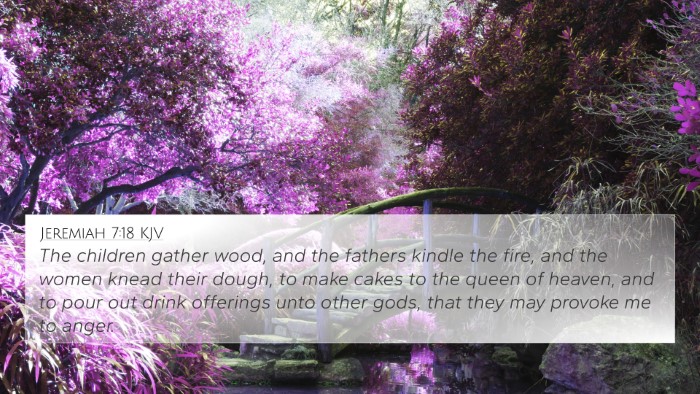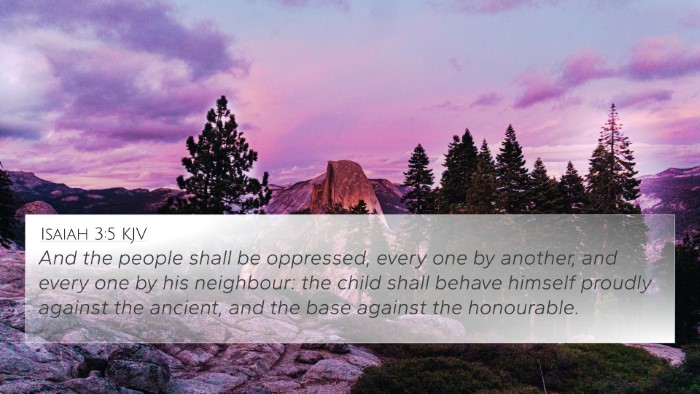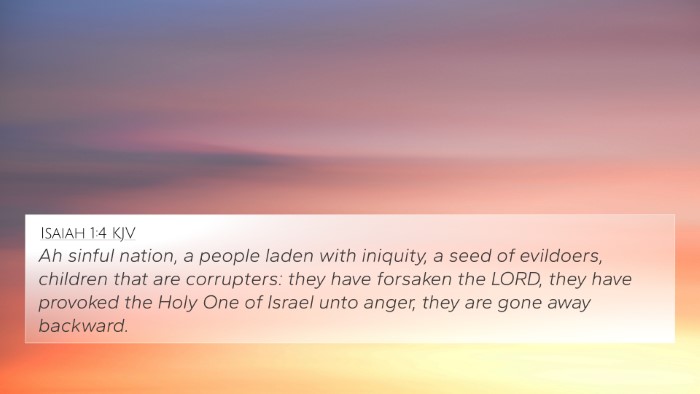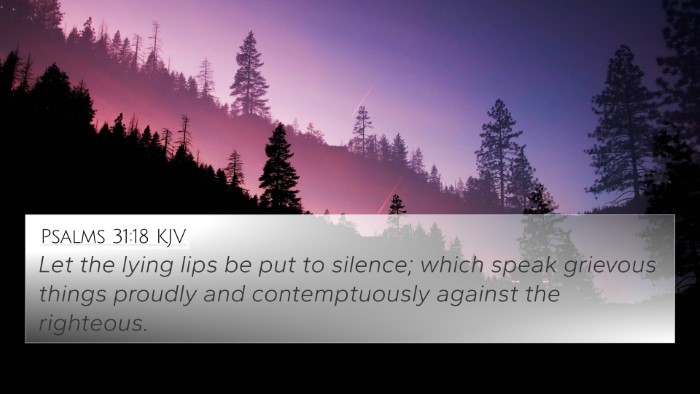Understanding 2 Kings 2:23
Verse: 2 Kings 2:23 - "And he went up from thence unto Bethel: and as he was going up by the way, there came forth little children out of the city, and mocked him, and said unto him, Go up, thou bald head; go up, thou bald head."
Summary of Meaning
The verse depicts an event in the life of the prophet Elisha during his journey to Bethel. In this incident, a group of boys mocking Elisha’s appearance and prophetic mission prompts a divine response. This passage is often interpreted as a reflection on respect for God’s messengers and the seriousness of mocking the divine.
Commentary Insights
Insights from various public domain commentaries shed light on different dimensions of this verse:
-
Matthew Henry's Commentary:
Henry emphasizes the profound disrespect shown to Elisha by the boys, relating their mockery to a rejection of the prophetic authority. He notes that Elisha represents God’s voice and that this incident highlights the need for reverence towards God's servants.
-
Albert Barnes' Commentary:
Barnes provides a historical context for Bethel, a city known for its idolatry, suggesting that the taunting boys may symbolize the wider rejection of God's prophets. He comments on the cultural implications of their mockery and the serious nature of their sin against a prophet of God.
-
Adam Clarke's Commentary:
Clarke emphasizes the significance of the term "little children," which may indicate not only their age but also their lack of understanding of the consequences of their actions. He discusses the harshness of Elisha’s reaction and its implications for divine judgment.
Cross References
In studying this verse, it's beneficial to consider its related passages. Here are some pertinent Bible cross-references:
- 2 Kings 1:10-12: Another instance where Elijah calls down fire, establishing the seriousness of offending a prophet.
- Matthew 10:40: Jesus speaks about receiving a prophet and the importance of honoring God’s messengers.
- 1 Samuel 10:5: The significance of prophetic encounters and the accompanying authority of the prophet.
- 1 Kings 18:17-18: King Ahab addressing Elijah with similar contempt, emphasizing the constant battle against falsehood.
- Isaiah 30:10: The refusal of the people to heed prophetic warnings reflects a similar theme of rejection.
- James 5:10: The prophets are held up as examples of suffering and patience, reinforcing the honor due to them.
- Galatians 6:7: The principle of reaping what one sows, which resonates with the consequences faced by those who mock God.
Reflection and Application
This verse challenges readers to consider their attitudes toward spiritual authority and the respect owed to those who deliver God’s message. In both the Old and New Testaments, we find a consistent theme regarding the honor and reverence due to God’s anointed ones.
Connecting Themes
The mockery of Elisha serves as a lesson on thematic Bible verse connections, where the attitudes of people towards God's representatives often reflect broader spiritual truths. The necessity of recognizing and respecting the divine authority behind prophetic messages holds significance throughout scripture.
Exploring Bible Verse Cross-References
When engaging with passages like this, utilizing tools for Bible cross-referencing can enrich understanding. Consider employing a Bible concordance or a Bible cross-reference guide to explore interconnected scriptures more deeply. Understanding the connections between Bible verses can unveil the rich tapestry of biblical teachings.
Conclusion
In conclusion, 2 Kings 2:23 serves not just as an account of Elisha's encounter but as an essential reminder of the respect that should be accorded to those who speak on behalf of God. Cross-referencing Biblical texts enriches our understanding and allows believers to grasp the full relevance of these prophetic interactions.
Keywords: Bible verse cross-references, connections between Bible verses, linking Bible scriptures, comparative Bible verse analysis, Bible verses that relate to each other, cross-referencing Biblical texts, thematic Bible verse connections, Bible verse parallels, scriptural cross-referencing, inter-Biblical dialogue.



